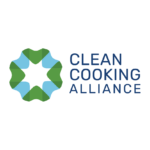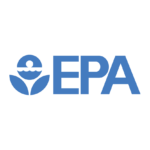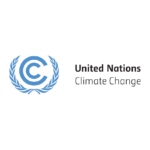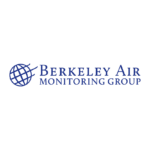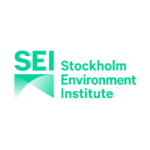Navigate this page
About the Clean Cooking and Climate Consortium
In 2021, the Clean Cooking Alliance (CCA) convened the Clean Cooking and Climate Consortium (4C), a group of partners supporting countries’ efforts in using cooking energy interventions to achieve climate goals as part of their Nationally Determined Contributions (NDC) targets or through the international carbon market.
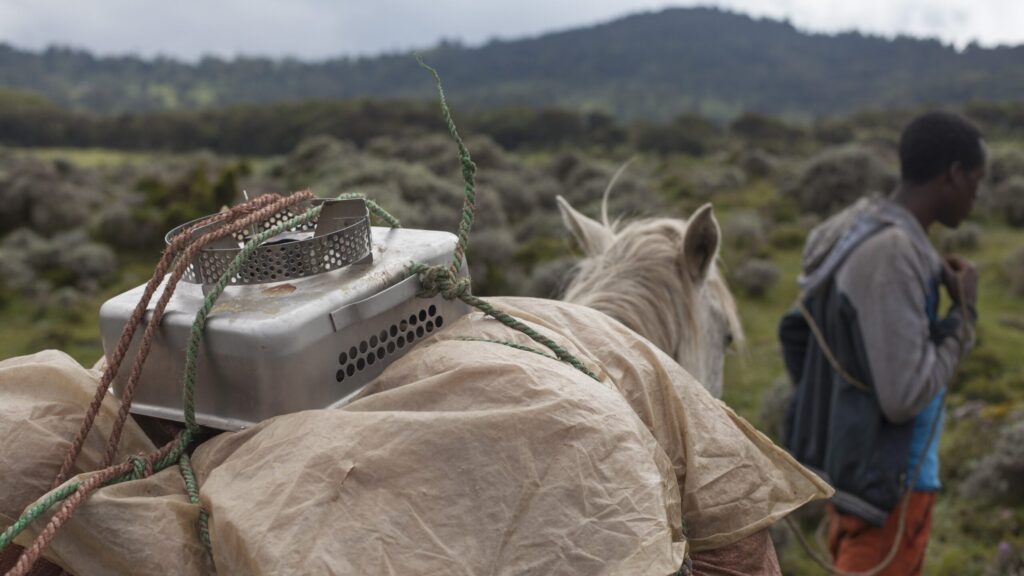
Many countries recognize that fighting climate change requires advancing clean cooking access. A total of 98 low- and middle-income countries (LMICs) include household energy or clean cooking-related goals in their NDCs. These efforts are in line with the recommendations of the Intergovernmental Panel on Climate Change (IPCC) which stresses that limiting global temperature rise to 1.5°C requires rapid and unprecedented action by all countries, including scaling clean and efficient cooking technologies.
4C Partners
4C members include CCA, the United States Environmental Protection Agency (U.S. EPA), the United Nations Framework Convention on Climate Change (UNFCCC) secretariat, the Climate and Clean Air Coalition (CCAC), Berkeley Air Monitoring Group (Berkeley Air), and Stockholm Environmental Institute (SEI). 4C collaborates with other key actors in the clean cooking and climate ecosystems supporting the development, planning, and implementation of NDCs. These partners include NDC Partnership, United Nations Development Programme (UNDP), Gold Standard, Africa NDC Hub, and Energising Development (EnDev).
4C Offerings
4C’s work focuses on three main areas:
- Practical and technical guidance to country governments to facilitate the implementation and measurement, reporting, and verification (MRV) of NDC-related clean cooking goals;
- Technical support to donor governments to help ensure that the carbon credits they consider purchasing represent real-world emissions reductions; and
- Improved transparency and accuracy of carbon finance for clean cooking to support significant scale-up of carbon-funded clean cooking.

4C Guidance Documents
4C has developed two guidance documents that provide specific recommendations related to clean cooking MRV and implementation in the context of the Paris Agreement. 4C regularly updates these documents to reflect the changing landscape of global climate action and climate finance.
Clean Cooking for Climate Action: Roadmap for National Clean Cooking Programs to Achieve Emission Reduction Targets
This document provides an overview of the benefits of and new opportunities for clean cooking transitions. It is intended to support governments and other stakeholders to initiate, expand, or enhance clean cooking initiatives with the goal of reducing harmful, climate-forcing emissions and meeting their commitments under the Paris Agreement.
Introductory Framework for Measurement, Reporting, and Verification for Clean Cooking Energy Initiatives
This document introduces MRV approaches and recommendations as they apply to cooking energy interventions. The document builds on existing MRV experience and highlights how these approaches may evolve in the context of the Paris Agreement. This guide is intended for any professional involved in the planning, execution, or funding of clean cooking energy programs and projects that aim to reduce climate-harming emissions within the context of the Paris Agreement goals.
4C Technical Assistance for LMICs
4C holds expert consultations on topics requested by partners. In September 2022, 4C convened experts from the Green Climate Fund (GCF), NDC Partnership, the African Development Bank, ESMAP/World Bank, CCAC and others to present the financial and/or technical support they offer for clean cooking projects, and how to access it. 4C also holds in-depth, country-specific technical consultations on request, including for the development of MRV plans and proposals to scale up finance for implementation.
REQUEST A TECHNICAL CONSULTATION
Supporting a robust and transparent carbon market
In conjunction with CCA’s Innovative Finance Initiative, 4C provides a holistic suite of technical support related to standards and methodologies to help donor governments ensure that the carbon credits they consider purchasing represent real-world emissions reductions, along with other important co-benefits. 4C supports UNFCCC and other carbon standards bodies to ensure their methodologies for clean cooking carbon accounting are robust, transparent, and conservative. 4C also works with other key stakeholders across the sector, including technical experts, researchers, project developers, rating agencies, and enterprises to improve the policies, standards and methodologies on which the carbon market is based, helping climate-funded clean cooking programs become more accessible, transparent, and reliable.
4C Events
Join us at 4C-hosted events or other clean cooking- and climate-related convenings happening around the world.
Click here to view clean cooking-related events, including 4C offerings.
Watch past 4C-hosted and 4C-related events:
- VIDEO: Reducing Emissions from Cooking to Achieve Nationally Determined Contribution Goals: CCA, U.S. EPA, UNFCCC, USAID, and the governments of Ghana and Uganda discuss clean cooking implementation at the U.S. Center at COP27.
- VIDEO: Clean Cooking: Delivering a Just Transition and Climate Wins: 4C members and partners brought clean cooking to the UN Climate Change Pavilion at COP27.
- VIDEO: Achieving NDC Targets Through Clean Cooking Action: Held at the COP27 UN Climate Change Innovation Hub, this event focused on the work of state and non-state actors to support country-level efforts to achieve climate goals through clean cooking.
- WEBINAR: Achieving Climate Goals Through Clean Cooking: Introductory 4C webinar that explains how countries can achieve climate goals through cooking energy interventions.
4C Funding Opportunities
To support country governments in achieving clean cooking and climate goals, 4C provides information about grants, investments, and other funding.
Click here to view clean cooking-related funding opportunities, including 4C offerings.
If you know of additional grants, investments, or funding opportunities for the household energy or clean cooking sector that are not listed, please contact us at climate@cleancooking.org.

